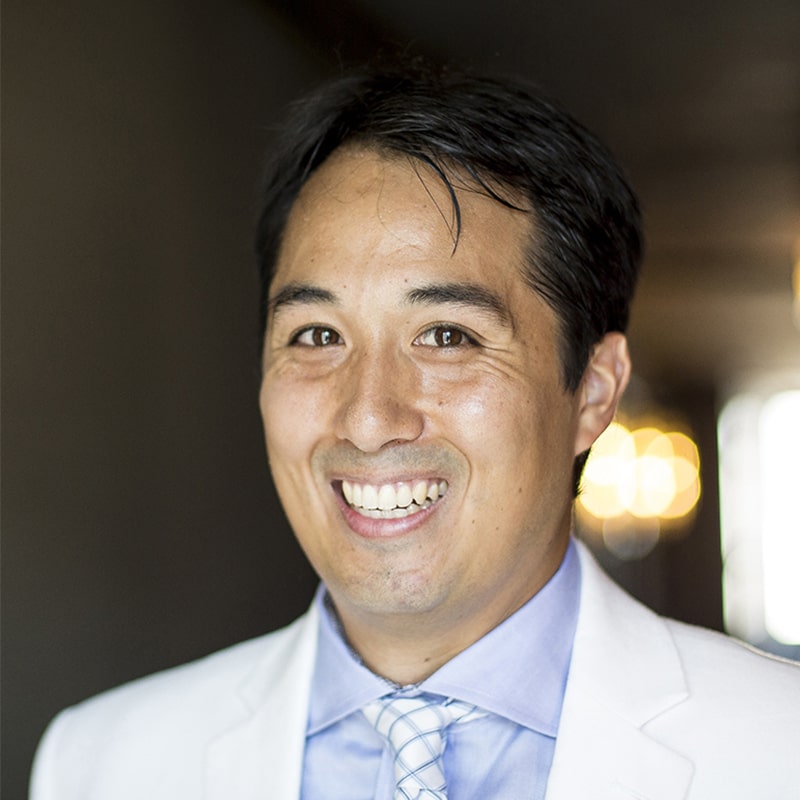Meet the Faculty
 Contextual Thinking
Contextual Thinking
84-324: The Future of Democracy
Featured faculty: John Chin
What do you love about teaching The Future of Democracy?
What I love about teaching The Future of Democracy is the opportunity to lead students on a journey of exploration to think about the current crisis of democracy – at home and abroad – and to meditate on the opportunities for and challenges to democratic rule and political liberty in the years ahead. When I think about the extraordinary times and trials of the current era – from Covid-19 to the return of authoritarian great powers to the spread misinformation and deepening of political polarization – I often recall Charles Dickens opening to A Tale of Two Cities, “It was the best of times, it was the worst of times, … it was the spring of hope, it was the winter of despair.” Such words are just as apt for the world of 2022 as they were leading up to the French Revolution. As a political scientist, a citizen, and a father, I am deeply concerned about the future of democracy. The course is for students who share that concern.
What are your current research interests?
I am concerned above all with the emergence and survival of democracy. I recently finished a 1,000+ page Historical Dictionary of Modern Coups D’état. I have active research projects on the politics of various technologies of rebellion – coups d’état, assassinations, nonviolent protest – and when, why, and how they entrench or threaten dictators and democratic rule. The International Center for Nonviolent Conflict has commissioned me to research how anti-coup civil resistance can defeat coups. My newest project is compiling a global cross-national dataset of autogolpes (self-coups) to examine how incumbent rulers since 1946 undermine democracy through unconstitutional or irregular executive power grabs. I also welcome interested students in these topics to work with me as research assistants.
What one piece of advice would you give your students?
First and foremost, resist the temptation to over-commit and over-schedule yourself. Aside from health, time is your most precious resource. If you stretch yourself too thin by overloading courses and/or going morning to night non-stop with a full slate of extra-curriculars, you deprive yourself of the opportunity to be curious and explore the world and new ideas, to make connections and friendships with new people, or to simply recharge and manage your stress. Second, I recommend my students to consider studying abroad and/or participating in the Washington Semester Program. The opportunity to live, work, and play in new and exciting places (beyond home and/or Pittsburgh) can be fleeting, and college is the perfect time to do so. Studying abroad in China and in Washington DC was formative for my own education, and in fact convinced me that I wanted to pursue a career related to international affairs and public policy.